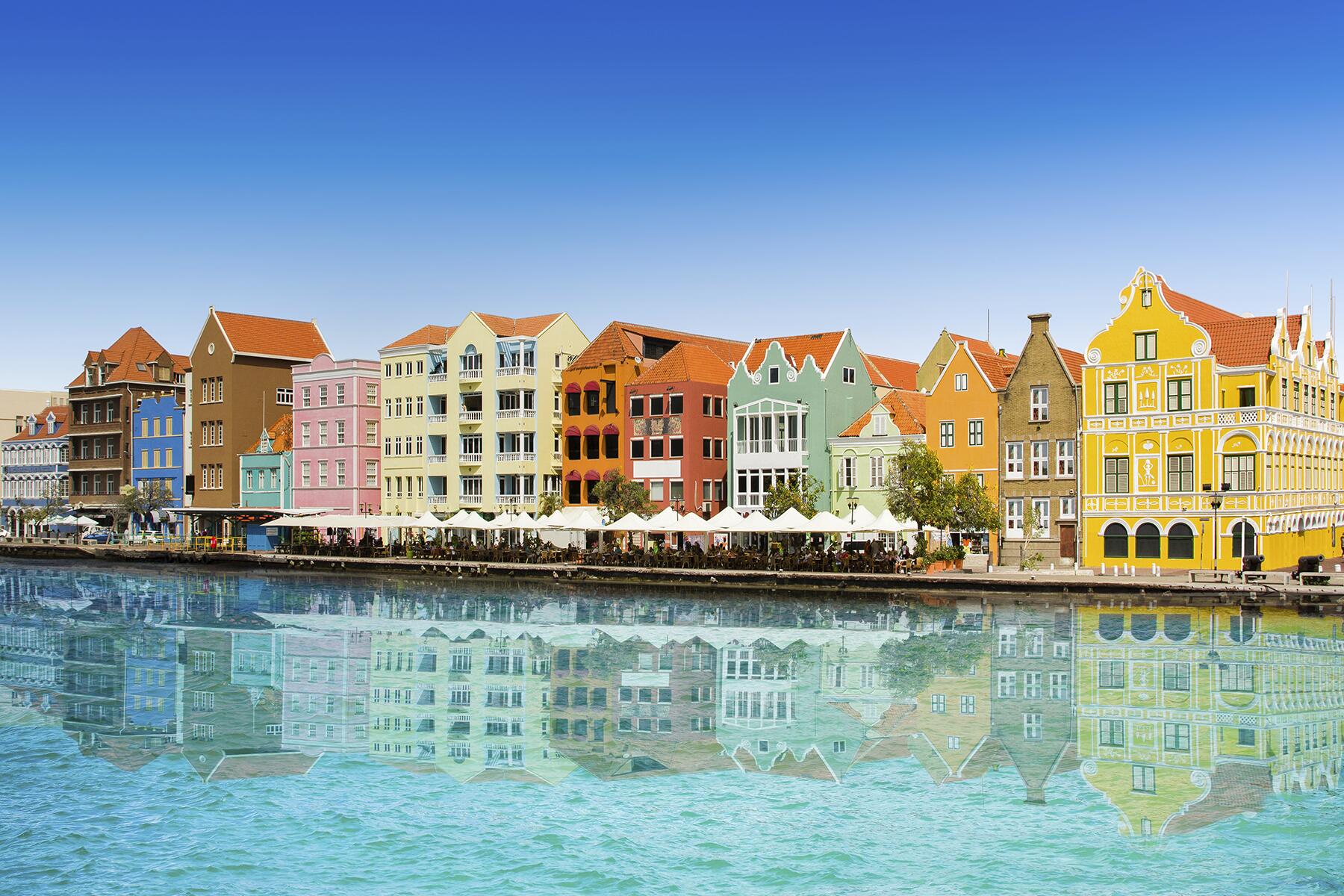Plus, what you should do if your flight gets canceled.
Last weekend, Southwest Airlines canceled more than 2,000 flights citing weather conditions and air traffic control issues. The disruptions continued through Monday and Tuesday, and the airline apologized for the situation. “Southwest Airlines extends a tremendous apology to our Customers and Employees for the flight cancelations and delays which occurred over the weekend and on Monday,” the statement said.
It was speculated that the pilots and staff are protesting the federal vaccine mandate that the airline has announced it will comply with. However, the airline refuted the claims. The statement confirmed that cancelations were being caused due to bad weather and delays, and the airline admitted to the compounding problem of staff shortage. After the pandemic, airlines had to scale back on staff, but with a surge in travel, it hasn’t been able to build up backups, causing a broken chain in the system. It has cut its schedule to keep up with the demand.
Scott’s Cheap Flights’ Robert Feinberg pointed out, “The nature of Southwest’s point-to-point network makes getting back on track difficult. A few delayed or canceled flights can have a great effect on subsequently scheduled flights.”
Other airlines were as severely affected as the low-cost carrier.
Why Is It Happening So Often?
This summer, flight disruptions stranded passengers repeatedly. Many cancelations were attributed to bad weather and operational problems, but persistent labor shortages have made it difficult for them to recover.
Recommended Fodor’s Video
Passengers of American, JetBlue, Spirit, and Southwest have had a rough time. After the pandemic last year, airlines encouraged staff to take an early retirement or a leave of absence. They weren’t allowed to layoff employees as part of the federal aid deal, so they found other ways to cut their losses, which included offering them a buyout—a move that’s costing them dearly now.
The surge in travel has changed the situation, and the airlines have had to hire their employees back and train their furloughed pilots. Recertification takes time, but the spike in demand, along with weather conditions, has caused a bottleneck. Without a cushion of backup crew, the airlines have been trying to race up to restore operations at the pre-pandemic levels, causing delays and cancelations.
Airline Vaccine Mandates
More disruptions are possible in the coming months. As per President Biden’s federal vaccine mandate, companies with more than 100 employees are required to ensure their workers are vaccinated, or get them tested for coronavirus weekly. The deadline is December 8, and airlines are making policies to comply with the order as government contractors (testing isn’t an option for federal workers), but the employees are not happy about it.
Months before the federal rule, United Airlines had announced that it would require all 67,000 U.S. employees to take their jabs. Those who haven’t done it yet face termination, while the airline had proposed to send some on leave if they were exempted due to medical or religious reasons. Recently, a federal judge blocked this move, which would affect around 2,000 employees who have applied for exemptions. More than 96% of United’s employees are vaccinated.
Despite the order by Texas Governor Greg Abbott that prohibits vaccine mandates, Texas-based Southwest and American announced this month that they will follow the order. Southwest’s statement said, “The carrier’s contracts with the U.S. government require full compliance with the federal vaccination directive. Employees of Southwest Airlines must be fully vaccinated against COVID-19, or be approved for a religious, medical, or disability accommodation, by Dec. 8, 2021, to continue employment with the airline.”
American Airlines workers have time until November 24 to get vaccinated and failure to comply will result in termination, the airline has told employees. But the policy hasn’t gone down well. Last week, AA employees (pilots, engineers, flight attendants) protested against the order outside its headquarters in Fort Worth.
In addition, Alaska and JetBlue also require employees to be vaccinated.
Once the deadlines pass, it will become clearer how the airlines will manage those who don’t get vaccinated (for any reason). But the already short-staffed carriers will have to buck up for the onslaught of Thanksgiving and Christmas travel and keep the wheels churning.
What Should You Do?
It’s frustrating to have your plans thwarted due to things beyond your control. Here are some tips to help you prepare for the disruptions.
Take early flights and choose non-stop over connections: It’s a domino effect with airlines who need their planes to be back in time for the next flight. If they are delayed, the rest of the schedule goes for a toss. So, it’s a good idea to book early morning flights, possibly using a credit card that has some cancelation cover.
Prepare for the worst: Reach the airport early to avoid long queues. Keep a check on delays and cancelations. You may also be able to use the app to rebook or contact customer service.
Read airline policies carefully: If your flight gets canceled, the airline can give you a seat on a later flight, and if you choose not to go, you are entitled to a full refund (even on non-refundable tickets) if the airline cancels your flight. Some may give vouchers with a year-long validity—check the airline’s policies to be sure. If your flight has been delayed considerably, you may get compensated and the airline may even offer hotel accommodation.



